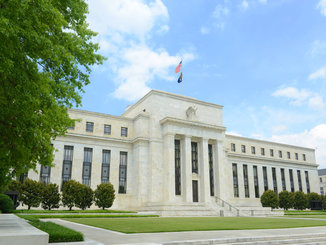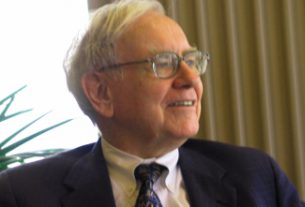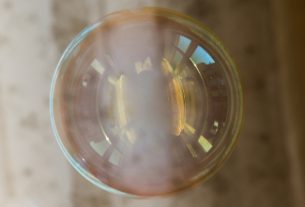Last week saw the first Congressional testimony of new Federal Reserve Chairman Jerome “Jay” Powell. Anyone who expected anything groundbreaking from his testimony was, of course, disappointed. But Powell’s appearance did show signs of his thinking and of what we might expect from the Fed going forward. For investors, both Powell’s testimony and his answers to questions didn’t inspire confidence that the Fed will get its act together anytime soon.
For one thing, Powell seemed to downplay indications that inflation is rising. The Fed remains convinced that inflation is under two percent and that it needs to continue its accommodative monetary policy until that mark is reached. Never mind that inflation could easily accelerate quicker than expected and overshoot the target. Knowing the Fed, its reaction to an overshoot would only come well after everyone else had already seen what was happening, well after prices had already risen significantly, and would only make things worse.
Powell also stated under questioning that he didn’t see much risk of a recession occurring anytime soon. That’s a scary admission from a Federal Reserve official, as a whole host of economic indicators seem to point to the looming crash of the bubble in which the economy currently finds itself. Stock markets remain incredibly high and overvalued, house prices continue to increase, lending standards are decreasing, and more and more investors are taking on more and more risk, throwing caution to the wind because they believe that good times are here to stay.
And what would be the Fed’s response to the latest bubble crashing? Why, more quantitative easing of course. Powell believes that the Fed’s quantitative easing in response to the last financial crisis was effective in helping the economy. He disregards the fact that that quantitative easing, by keeping the last bubble from fully deflating and in fact reflating it, has caused the current bubble and increased the risk that the next financial crisis will be even worse than 2008.
It’s incredible to think that the Fed didn’t learn its lesson from the aftermath of the 2008 crisis, and to think that its response to the next crisis will be more of the same is disappointing. Then again, when the Fed’s only tool is a printing press it shouldn’t be too surprising that creating money out of thin air is its first recourse in every situation.
Powell also seemed to welcome the return of trillion-dollar deficits, describing current fiscal policy as “stimulative.” And in response to questions about the debt ceiling, he stated that he believed that Congress should continue to raise the debt ceiling. Rather than state the truth that the federal government will eventually default on its debt, Powell thinks that the government should just keep raising its credit limit, believing that the United States government has never defaulted on any of its obligations. Of course, that isn’t true, as anyone following the debt ceiling crises over the past several years should know by now.
Overall, there’s nothing to indicate that Chairman Powell will conduct monetary policy any differently than his predecessor, and that’s problematic for investors. Those who are currently heavily invested in equities and bonds will find themselves hurting when stock markets finally crash. And just like in 2008, all the quantitative easing in the world won’t help stock markets recover. That’s why more and more investors are starting to see the writing on the wall and are moving their money into gold.
This article was originally posted on Goldco.





